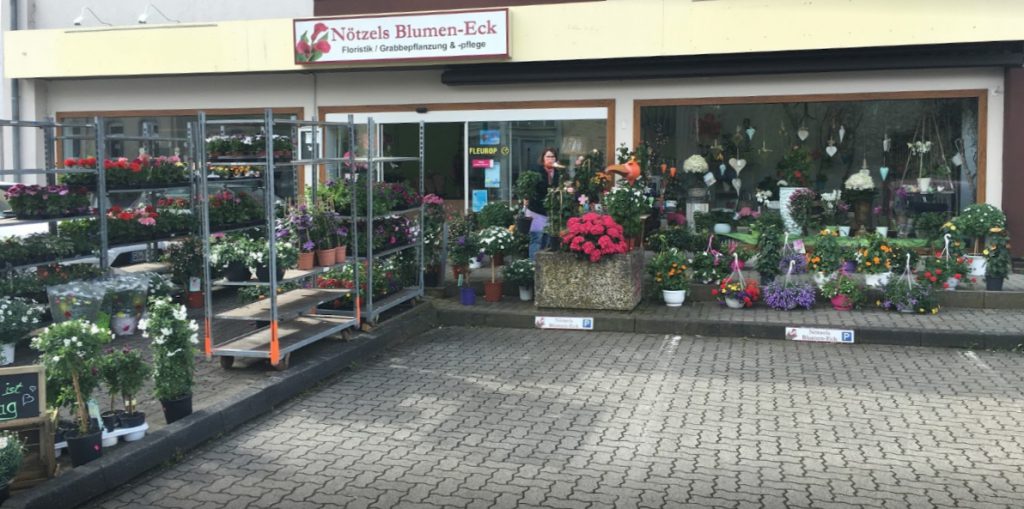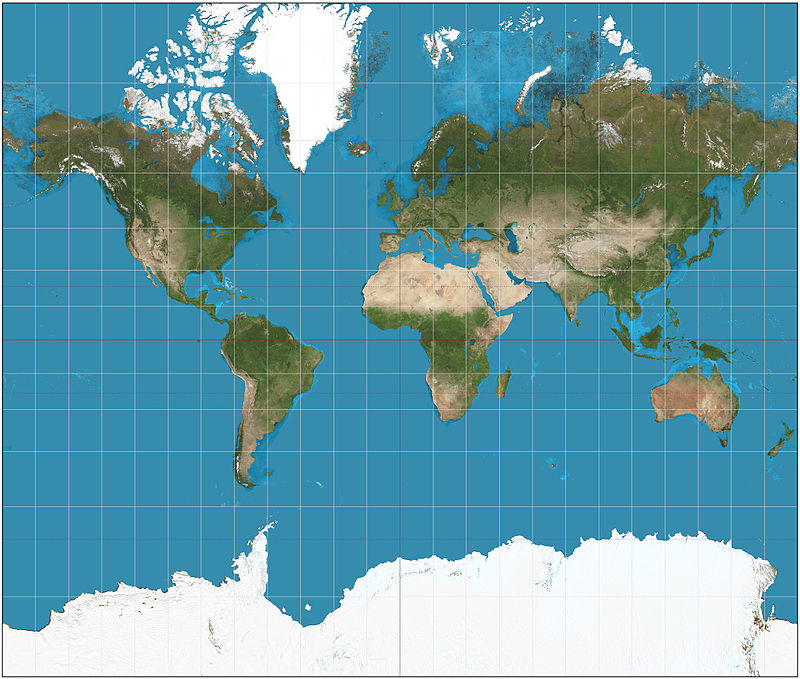The other day, as I was passing by the small flower shop on the way back from the bakery, one of the differences between my life in Africa and my life here in Europe came to mind: Shop keepers everywhere I’d been in Africa would send me off saying “Thanks for supporting me!” Initially I found it surprising. Here in Europe, buying something is a business transaction, object-centred, usually. You’re not meant to bond with the shop keeper, usually. If there’s emotions involved, they’re yours, only to be shared with friends & family. Usually. Shopping in Africa, on the other hand, seemed more people-centred: you chat, connect in various ways – like actual people. As a customer, you wouldn’t just buy a thing, instead in doing so you quite consciously supported somebody who’s earning a living with that business.
You may have noticed that I added “usually” a few times in the previous paragraph. You’ll probably agree that whatever “usually” usually refers to has seen a severe rupture these past few weeks during which we’ve been struggling with a virus that is invisible to the naked eye while it is leaving a trail of mortality, vulnerability, anxiety and polarization behind. Whereas the virus is only visible with the help of the strongest microscopes (or so I think), its impact works like a microscope popped onto society, under which various structures, our pre-existing conditions, become more magnified, and hence better visible. Pre-existing conditions, they say, make you more vulnerable to it. I find that quite rich.


